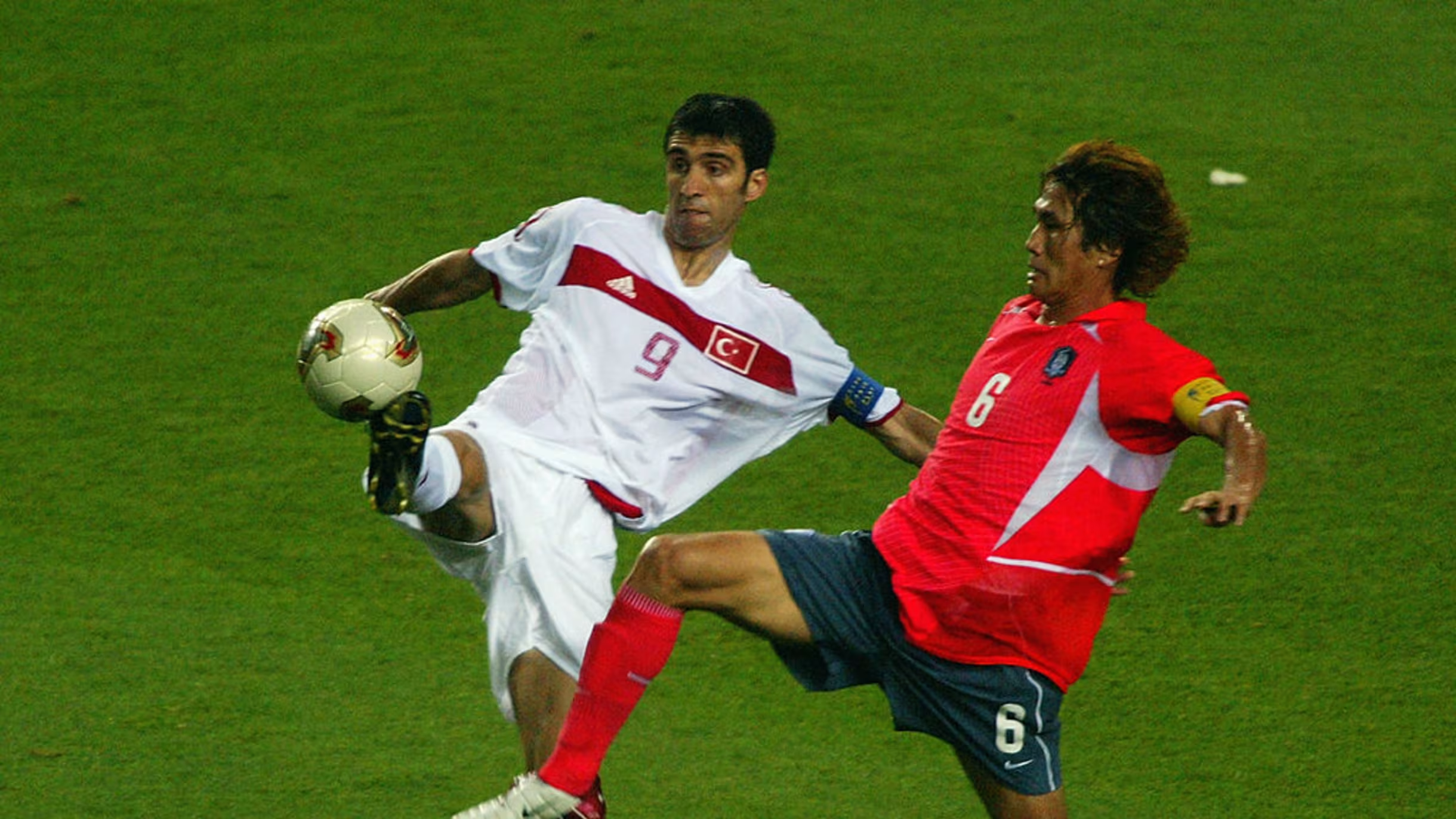World Cup statistics oddities: 15 numbers from 90+ Years of World Cup Matches
Since 1930, the World Cup has produced countless unforgettable moments, but behind the headlines lie fascinating World Cup statistics oddities. From lightning-fast goals to marathon penalty shootouts, the numbers often tell stories as dramatic as the matches themselves. These quirky records and unusual streaks reveal the depth, unpredictability, and magic of the tournament. Let’s dive into 15 of the most remarkable statistical oddities across 90+ years of football history.
1) Fastest World Cup Goal – Hakan Şükür (2002)
Turkey’s Hakan Şükür scored just 11 seconds into a match against South Korea, setting the record for the fastest goal in World Cup history (FIFA). This lightning strike is a perfect example of how unpredictability defines the tournament. Fans still recall the shock on faces inside the stadium.
2) Longest Penalty Shootout – 2014 Brazil vs Chile
Penalty shootouts often produce drama, but none lasted longer than Brazil vs Chile in 2014, stretching to 18 kicks before Brazil advanced (Sports Illustrated). The pressure was immense, with every miss and save amplifying the tension. It reminded fans that statistics can capture both endurance and nerves of steel.
3) Most Goals in a Match – Austria 7-5 Switzerland (1954)
This 1954 thriller remains the highest-scoring game in World Cup history with 12 goals total (Bleacher Report). Switzerland raced ahead, but Austria stormed back to claim victory. The scoreline stands as proof that defense sometimes takes a backseat to chaos.
4) First Hat-Trick – Bert Patenaude (1930)
American striker Bert Patenaude was the first player ever to score a World Cup hat-trick, achieving the feat against Paraguay in 1930 (US Soccer). Initially disputed, FIFA later confirmed his achievement. His record reminds us of the U.S.’s early role in football history.
5) Youngest Player – Norman Whiteside (1982)
At just 17 years and 41 days, Northern Ireland’s Norman Whiteside became the youngest World Cup player in 1982 (FIFA). Despite his youth, he held his own against seasoned veterans. His debut remains one of the tournament’s most inspiring oddities.
6) Oldest Player – Essam El-Hadary (2018)
Egyptian goalkeeper Essam El-Hadary set the record as the oldest player in World Cup history at 45 years and 161 days (BBC). He even saved a penalty in his final match, proving age was just a number. His achievement inspired older players worldwide.
7) Most Appearances – Lothar Matthäus
German legend Lothar Matthäus holds the record for most World Cup appearances, with 25 matches played between 1982 and 1998 (FIFA). His consistency across five tournaments reflects both talent and longevity. Few players can match his level of international dedication.
8) Most Goals Overall – Miroslav Klose
Germany’s Miroslav Klose scored 16 goals across four tournaments, making him the all-time World Cup top scorer (FIFA). His poacher’s instinct and consistency set him apart. The record reflects a career built on big-stage performances.
9) Most Goals in a Single Tournament – Just Fontaine (1958)
French striker Just Fontaine scored 13 goals in the 1958 tournament, a record that still stands (UEFA). His achievement is even more impressive considering he played only six matches. Fontaine’s record embodies pure finishing excellence.
10) Red Card Frenzy – Portugal vs Netherlands (2006)
The infamous “Battle of Nuremberg” between Portugal and the Netherlands produced 16 yellow cards and 4 red cards, the most in World Cup history (The Guardian). The match descended into chaos as referees struggled to maintain control. It remains one of the strangest stat-heavy spectacles in tournament lore.
11) Host Nation Curse – South Africa 2010
South Africa became the first host nation to fail to progress beyond the group stage in 2010 (Sports Illustrated). Despite passionate home support, results didn’t favor them. The stat broke an 80-year streak of host nation progression.
12) Most Consecutive Wins – Brazil
Brazil holds the record for most consecutive World Cup wins, winning 11 straight matches between 2002 and 2006 (FIFA). This streak highlighted Brazil’s dominance across two tournaments. It remains a testament to their golden generation.
13) Goalkeeping Heroics – Tim Krul’s Substitution (2014)
Netherlands coach Louis van Gaal substituted Tim Krul in extra time just for penalties against Costa Rica. Krul saved two spot kicks, making it one of the boldest coaching statistical gambits in history (ESPN). It showed how numbers influence strategy in real time.
14) Back-to-Back Clean Sheets – Italy 1990
Italy’s defense in 1990 went 517 minutes without conceding a goal, one of the longest streaks in World Cup history (UEFA). Despite eventually losing in the semifinals, their defensive record remains unmatched. It highlighted the tactical discipline of Italian football.
15) Longest Unbeaten Streak – Brazil
Brazil also holds the record for the longest unbeaten streak, going 13 matches without defeat between 1958 and 1966 (FIFA). This streak spanned three tournaments and showcased consistency at the highest level. It reinforced Brazil’s reputation as football’s ultimate powerhouse.
What makes these statistics oddities?
These oddities are unique because they capture moments outside normal expectations—fastest goals, youngest players, longest streaks. They enrich the game with narratives that go beyond the scoreline (Bleacher Report).
Do oddities affect World Cup history?
Yes, because these stats add layers to football’s storytelling. They highlight unexpected heroes, historical firsts, and records that endure for decades (FIFA).
Suggested Internal Reads: The Art of World Cup Fan Displays & Tifos · Traveling Fans · Host Nation Home Support

